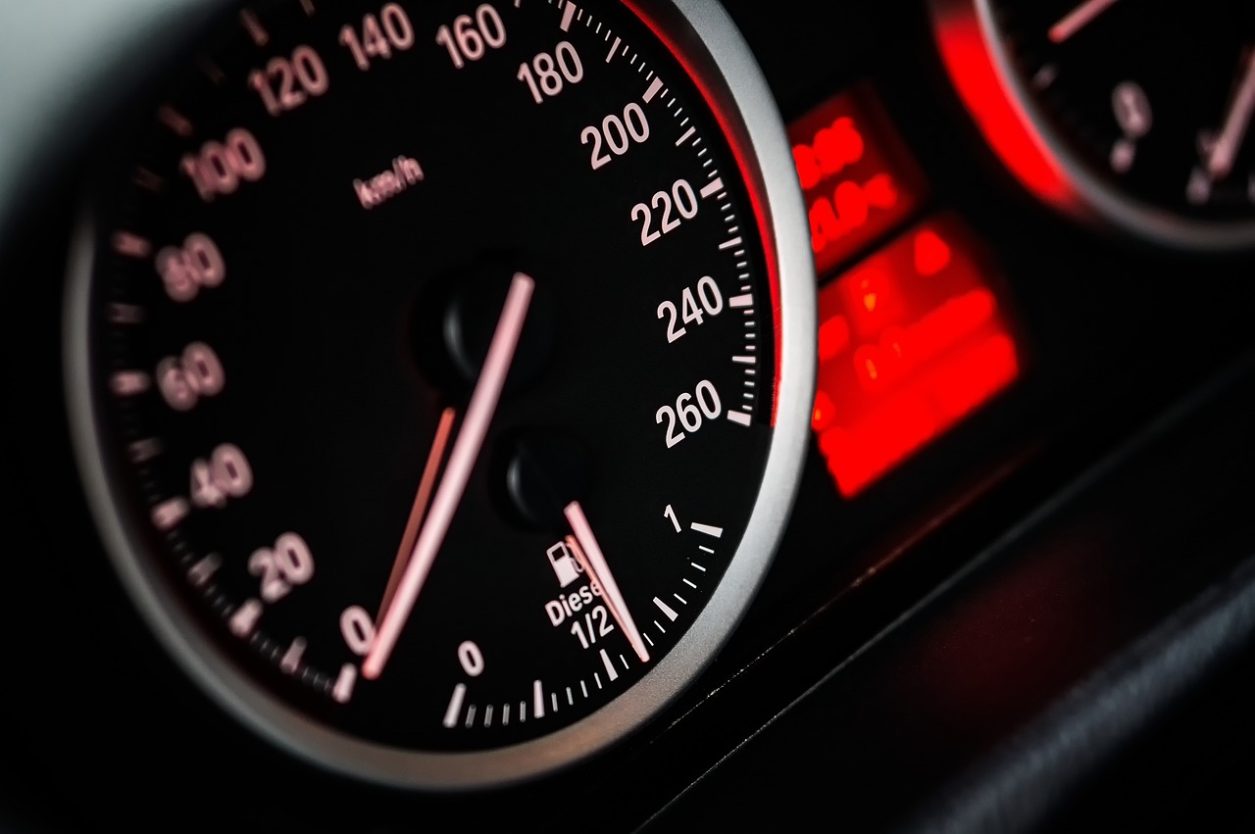
Running a car can be an expensive thing to do. As they are essential for most of us, it can be a costly drain on our finances at a time when we are facing a cost-of-living crisis that will leave many of us looking to save every penny that we can. However, the good news is that there is money that can be saved when it comes to running a car if you are savvy.
Here, Car Mats UK have put together some important tips on how to save money when driving that could leave you with more money to spend elsewhere.
The cost of driving
Did you know that it costs around £162 per month to run a car, which works out at just less than £2000 a year. This is no small sum and does not even include the cost of car finance if you have it. These costs include petrol, insurance, maintenance, repairs, tax, parking, breakdown cover, cleaning, and fines. These are probably all things that you might have forgotten about but are all real-life costs for most of us.
Keep it light
One of the biggest things to cost us fuel is the weight of our cars, and we carry around a surprising amount of excess baggage. Take a look in your boot and see how much junk, such as umbrellas, coats, golf clubs, bags and shoes you are carrying around with you everywhere that you go.
This is also true if you use a roof rack, as it can be even easier to forget all about it until you think that it adds an extra 30kg to the weight of your car. That is the equivalent of carrying round a small child on every journey. Therefore, make sure that the storage spaces in your car are only in use when you actually need them, and you could notice some significant savings.
Check your tyres
Another way to be conservative in your fuel usage is to make sure that your tyres are always fully pumped up. The lighter they are in air, the more fuel your vehicle uses to keep them going. Keeping your tyres inflated and having them checked regularly for the right amount of tread is also and important safety factor and can save you even greater costs by avoiding accidents.
Fuel prices
As one of your cars greatest expenses is its fuel, it obviously pays to shop around when it comes to filling up. If you pay close attention to fuel prices, you will see that they can vary wildly between forecourts, which can cost you in the region of £3 per tank when you need to refuel – an amount that can begin to add up over time.
Obviously, going out of your way or driving round in circles looking for the best deal can cancel out any savings that you might actually make, so try and keep an eye on the garages that appear on your typical routes to work, school or the shops to find a convenient option.
The cost of fuel is astronomical, and just a seemingly small increase of 10p can bump your fuel bills up by around £100 a year for the average driver completing 10,000 miles at 42mpg. It is therefore also worth looking at loyalty schemes which can offer you discounts, benefits or vouchers when filling up, or try to get cashback on your credit or debit card for your fuel.
Some cards offer as much as 5% on petrol and diesel, and when you consider the average motorist spends up to £800 a year on fuel, that could be a very useful £40 back in your pocket.
Car insurance
Car insurance can be another very big cost for motorists, so don’t be afraid to negotiate on your deals. Start by looking at price comparison websites for the best deals or look at joining existing family policies if your can, as these are often cheaper.
When it comes to renewal time, do not just accept the amount that your insurer quotes, as this will often include a significant and unnecessary bump. If you have not made a claim in the last year, then you should be entitled to a discount, and this could be as much as 60% if you have no claims for at least the last 5 years.
There are also ways that you can prove to your insurer that you are low risk in order to get your premiums down. This might be by adding extra security features to your car, keeping it in a garage at night, adding a black box to track your driving or accepting a higher voluntary excess if you make a claim.
Adding a more experienced driver to your policy can also help to bring the price down. If you have a ‘named’ driver who is aged between 50 and 60 on your policy, it is assumed that they will share some of the driving and are considered to be lower risk. It is important that this person does actually use the vehicle, as declaring otherwise is illegal.
When you get a quote for your insurance, you will be asked for your estimated annual mileage and most of us just pick a figure out of thin air, but this could be costing you money. If like the average UK motorist, you drive around 7,600 miles in a year then you could be costing yourself quite a bit if you have guessed that it is more than this. Try and keep a track of how many miles you actually do, and you should find that your quote is a little more accurate and hopefully a bit cheaper too.
Whilst being a motorist is far from cheap at the moment, our cars are often our lifelines, and we cannot afford to give them up. Making sure that they are well maintained and shopping around for all of the best deals related to them does require a little work, but the savings can soon add up.









